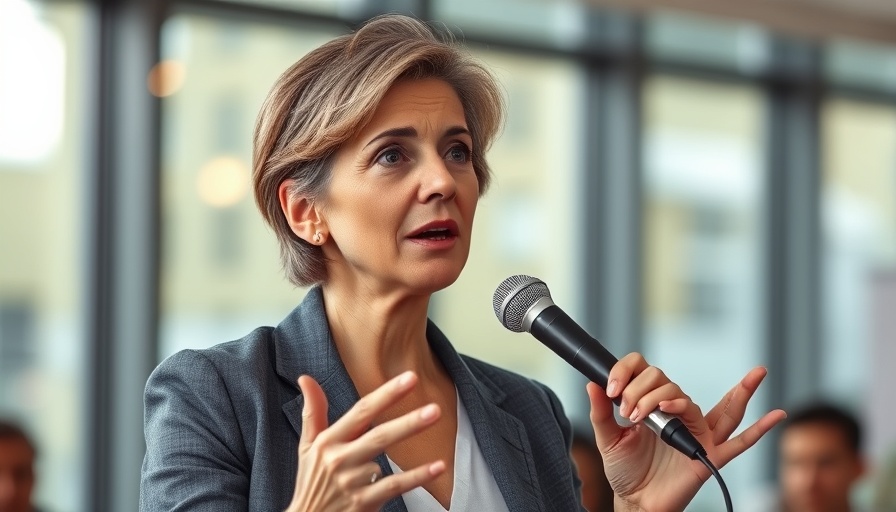
Transforming Trauma into Activism: The Mission Story Slam Experience
In a world cloaked in challenges and despair, initiatives like the Mission Story Slam shine a light on resilience, encouraging individuals to turn their traumatic experiences into a source of strength and community action. On June 10, the twelfth installment of this powerful event will take place at the National Mechanics Bar in Old City, Philadelphia, inviting attendees to witness firsthand how personal stories fuel activism and inspire others to take action.
The Heart of Storytelling: Healing Through Shared Experiences
At the core of the Mission Story Slam lies a simple concept: sharing personal narratives can foster understanding and empathy. Each storyteller at the event gets five minutes to connect their experiences with their respective organization’s mission, tying this into a central theme of “The Time Is Now.” As organizers note, it’s not only about telling stories but about drawing social connections that can lead to impactful change. Roz Pichardo, whose harrowing journey includes witnessing horrific violence, is among those who illustrate this sentiment. After surviving an attempt on her life and the tragic loss of family members to gun violence, she turned her pain into purpose by spearheading Operation Save Our City, a grassroots effort that provides numerous services to those affected by gun violence.
A Platform for Change: What Makes Mission Story Slam Unique
Unlike traditional storytelling events, the Mission Story Slam incorporates a competitive edge: both judges and the audience score the storytellers, with cash prizes incentivizing participants. This structure encourages participation from those in the community who may not see themselves as speakers but have valuable stories to share. By providing a stage for these voices, the Mission Story Slam continues to foster a sense of belonging and solidarity in Philadelphia.
Embracing Activism: Why Individual Narratives Hold Power
Story slams offer a compelling approach to activism; they make the personal political and the emotional matter. For individuals like Roz Pichardo and others whose lives have been touched by tragedy, sharing their stories is not only cathartic but crucial in motivating action. Pichardo’s efforts—training community members in lifesaving techniques and providing essential services—are a testament to how transforming trauma into power can ignite a wave of positive change. As Pichardo states, “Helping people, saving people, and loving people—all at the same time—has become my therapy.”
A Space for Connection: The Emotional Impact Unlike Any Other
The unique atmosphere of the Mission Story Slam captivates not only the storytellers but also the audience. Listeners are invited to empathize deeply with the narratives, which are often filled with raw emotion and vulnerability. The storytelling spans themes of loss, recovery, and rebirth, pulling on heartstrings and inspiring collective hope. Such events resonate strongly in a city that has experienced much hardship, uniting diverse voices and perspectives in one powerful setting.
Action Items: Taking the Next Step with Purpose
As attendees leave the Mission Story Slam, the hope is that they will not only be entertained but also moved to action. Whether this means supporting Roz Pichardo’s initiatives, volunteering, or simply telling their own stories, the event is about creating a ripple effect of kindness and activism throughout Philadelphia. Indeed, it serves as a poignant reminder that each individual has the potential to make a difference, no matter how daunting the circumstances may appear.
Everyone is welcome to join this transformative event on June 10th and witness firsthand the incredible power of storytelling. Experience how personal narratives can ignite a movement that brings communities together and instills hope. It is a chance—not just to listen but to engage, empathize, and empower—all vital steps in healing and collective growth.
 Add Row
Add Row  Add
Add 




Write A Comment